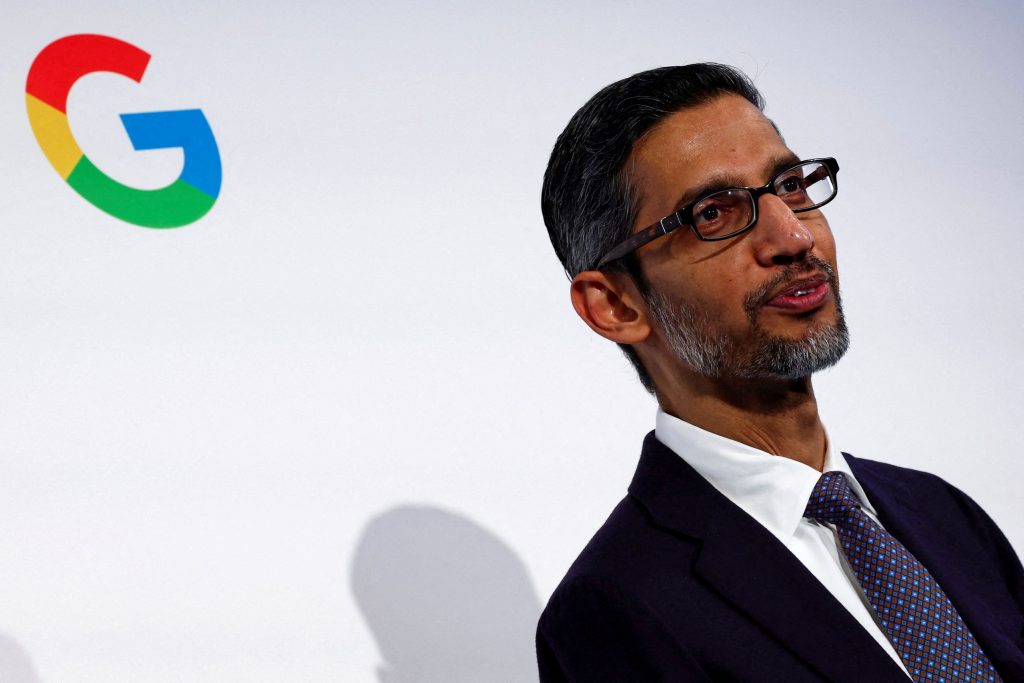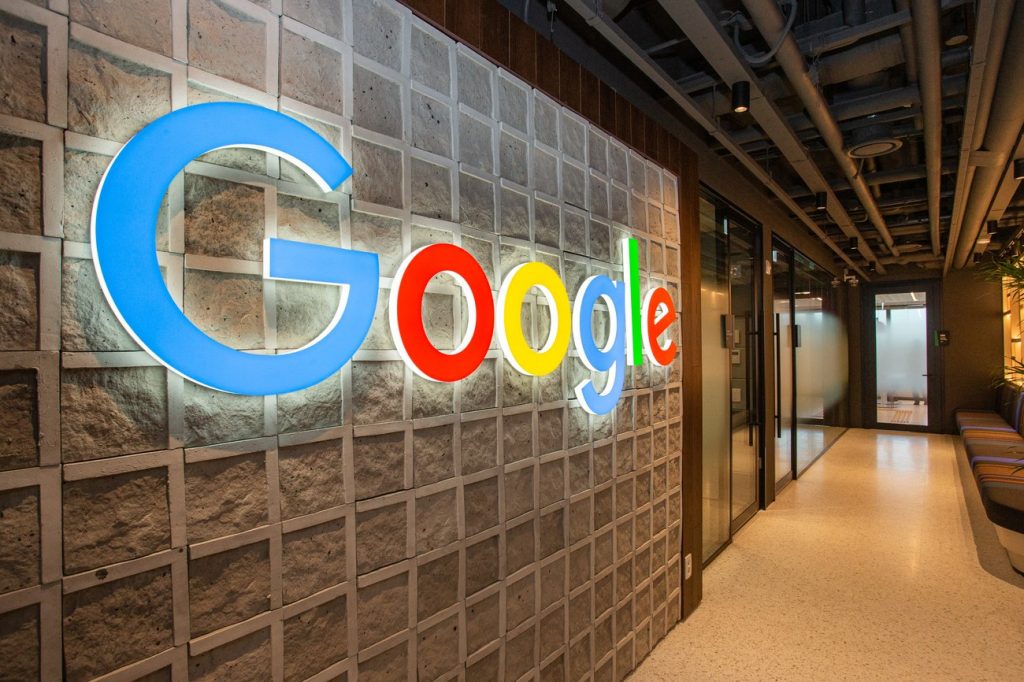Google lost it A greater antitrust challenge I have faced in recent years when on August 5th US court found And that the giant company had effectively monopolized the internet search market through illegal means. It was a major victory for the US Department of Justice and prosecutors and could lead to the dissolution of the 25-year-old company.
Judge Amit Mehta of the U.S. District Court for the District of Columbia ruled that $26 billion in payments Google made to other companies to make its search engine the default on smartphones and web browsers effectively prevented any other competitor from succeeding in the market.
Google’s legal defeat has caused astronomical damage – concerns over Apple deals
The ruling came after a 10-week trial in 2023 — the first antitrust charges brought by the federal government against a U.S. tech company in more than two decades.
The case is one of several antitrust actions against Big Tech companies being pursued by the U.S. government, which has made promoting business competition a centerpiece of its economic policy, Bloomberg reported.
It may require separating Alphabet’s search business from other products, such as Android or Chrome.
What is the case against Google?
The U.S. Justice Department and prosecutors have alleged that Google, whose search engine controls nearly 90% of online queries, has paid billions of dollars to maintain a monopoly on the search market through deals with rivals, smartphone makers and telecom providers.
In exchange for a cut in advertising fees, the companies, including Apple and Samsung Electronics, agreed to make Google the default on browsers and mobile devices. The plaintiffs alleged that the deals closed off key access points, preventing rival search engines like DuckDuckGo or Microsoft’s Bing from getting the amounts of data they needed to improve their products and threaten Google.
The court’s ruling found that Google had an unlawful monopoly on the market for general search services and search text ads — the ads that appear at the top of a search results page. “Google’s distribution agreements cut off a significant portion of the general search market and hurt competitors’ ability to compete,” Judge Meta said. It found that as a result of its monopoly, Google was able to raise prices for text ads without restriction.
What’s happening now?
The court ruling focuses solely on whether Google violated antitrust laws. He plans to file a separate lawsuit over how to deal with Google’s illegal behavior.
The Justice Department has yet to announce what changes it will seek. It could require separating Alphabet’s search business from other products, such as Android or Chrome. If a judge orders such a breakup, it would be the largest forced breakup of a U.S. company since AT&T in 1984.
A judge also cannot order a complete dissolution and choose to dissolve the exclusive search agreements. Another option may be to require Google to license the use of its search index, i.e. the data it uses to generate search results.
How did Google respond to the decision?
Google said it plans to appeal the decision. The company also noted that The resolution says Google is the “best search engine in the United States.” It has “superior product quality” due to its investments in innovation.
While the company acknowledges that it pays for the search engine pre-installed on mobile phones and browsers, it says these deals are benign, likening them to the deals cereal companies make with grocery stores for the best shelf space. Google representatives have repeatedly said that competition is only “a click away.”
Google faces a wave of antitrust scrutiny in both the US and Europe.
What are antitrust laws?
It aims to protect competition in trade. In the United States, it is not illegal to be big and powerful. Obtaining a monopoly position through superior products or better management is considered a reward for market success.
However, it is illegal for a monopoly to take predatory actions to stop competitors who might threaten its dominance. Any attempts to illegally maintain a monopoly are fair game for antitrust agencies and could result in penalties or forced dissolution.
What other antitrust cases does Google face?
Led by Texas, 16 states and Puerto Rico sued Google in 2020, alleging it has a monopoly on the technology behind online advertising. A trial is scheduled for next March. The U.S. Department of Justice filed a separate lawsuit against Google over its ad tech business in January 2023. That case will go to trial in September.
A federal court has found that Google illegally tried to maintain its monopoly on app distribution through the Google Play store on mobile devices. Epic Games, the publisher of the video game Fortnite that filed the suit, asked the court to order Google to let consumers download apps from wherever they choose and to give developers the freedom to choose how to accept payments. Google opposes the proposed solution, and the judge in the case has yet to rule.
Thirteen state attorneys general sued Google in July 2021, saying it abused its power to sell and distribute apps through its Google Play mobile store. Google reached a tentative $700 million settlement in the case, but a federal judge has yet to approve the deal amid concerns that it does not resolve the alleged anticompetitive behavior.


Alphabet Inc. and Google CEO Sundar Pichai (Reuters/Gonzalo Fuentes/File Photo)
Where else are Google’s business practices reviewed?
Google is dominated, apart from the United States, mainly in Europe. Since 2010, when the European Commission received its first formal complaint against Google’s competitive practices, the company has received three fines totaling more than €8 billion, including €4.34 billion in fines over the way its Android mobile operating system works.
In June, the EU brought additional charges against Google, accusing it of favouring its ad tech business over rivals, advertisers and online publishers, and ordered it to divest the entire division.
In March, the EU’s Digital Markets Act came into force, affecting Google and other “gatekeepers” of the online economy. According to the DSA, they will not be allowed to favor their own services over those of competitors on their platforms, will be banned from combining personal data across their different services, and will be barred from using data they collect from third-party merchants to compete with them.
The European Commission, the EU’s executive arm, has launched an investigation into whether Google is complying with the new rules regarding its app store and search engine.
Biden Administration Antitrust Matters
The Biden administration has intensified an antitrust campaign that began under Donald Trump. In the final months of the Trump administration, the Justice Department filed its first lawsuit against Google, and the Federal Trade Commission sued Facebook, accusing it of maintaining an illegal social media monopoly in part by acquiring rivals Instagram and WhatsApp — the FTC is seeking to break up Facebook’s parent company, Meta Platforms.
The actions, pursued by Biden officials, are the largest antitrust moves against tech giants since When the United States sued Microsoft in the 1990s,Which ultimately led to a settlement in which the company curtailed certain business practices.
Last year, the Federal Trade Commission sued Amazon for monopolizing online shopping services by undermining quality for buyers and raising prices for sellers.
In March, the Justice Department filed a lawsuit against Apple to block its competitors from accessing the hardware and software features of its popular devices.






More Stories
“Recycling – Changing the water heater”: the possibility of paying the financing to the institution once or partially
Libya: US General Meets Haftar Amid Tensions Between Governments
New tax exemption package and incentives for business and corporate mergers..